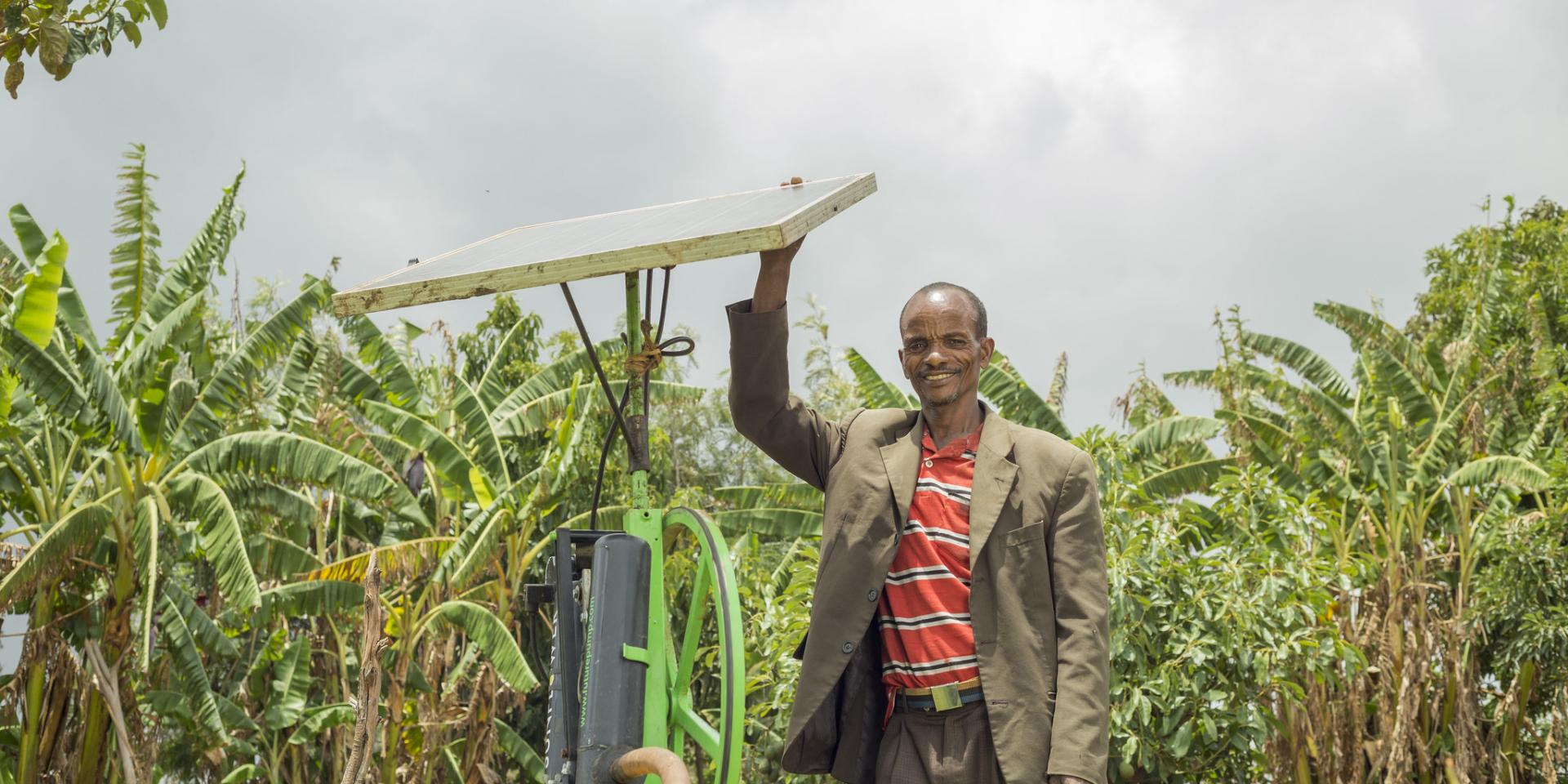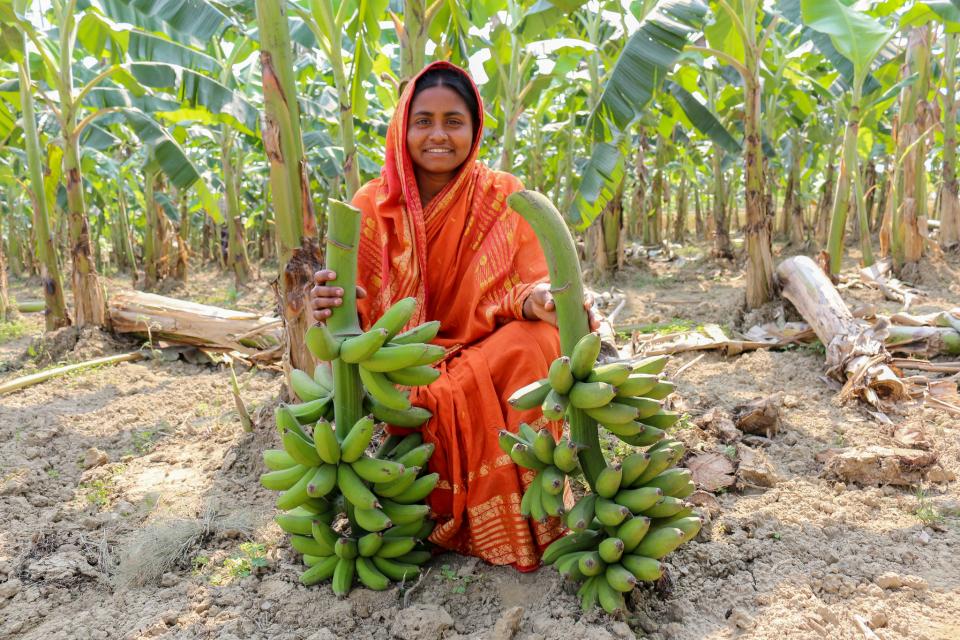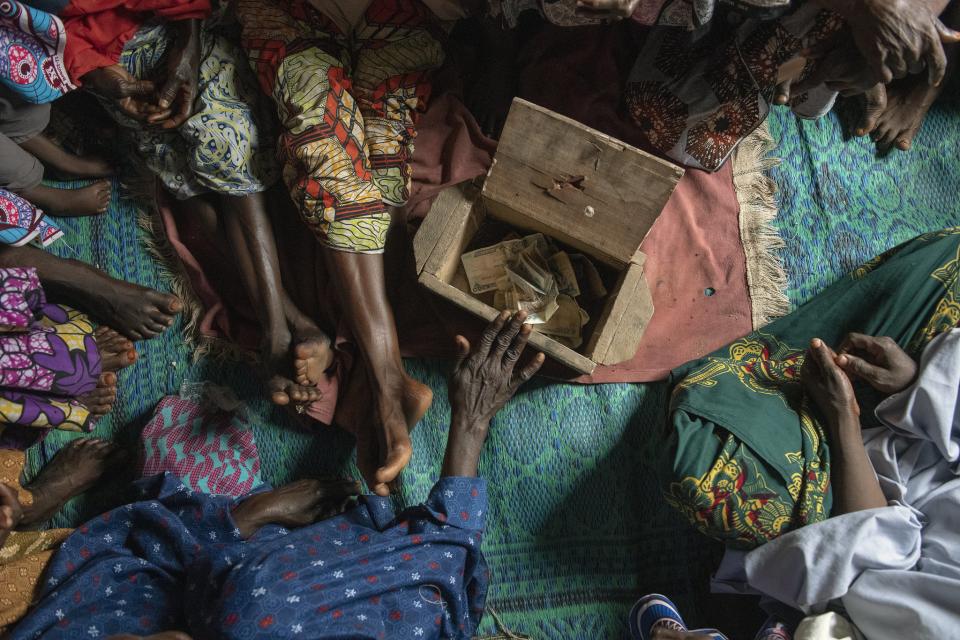Where Are the Women? Transformative Strategies Needed to Accelerate Gender Mainstreaming in Small-Scale Irrigation Projects in Ethiopia
 Photo: Maheder Haileselassie / IWMI
Photo: Maheder Haileselassie / IWMI
Achieving gender equality in irrigation can result in greater agricultural production, income and job opportunities for male and female smallholder farmers from diverse social groups, as well as greater climate resilience in sub-Saharan Africa.
At the same time, designing and implementing irrigation development projects with little or no understanding of gender relations can unintentionally exacerbate gender disparities and even create gender inequalities and new barriers for women.
Gender mainstreaming in Ethiopia
Recognizing this, national irrigation agencies, donors and researchers in Ethiopia have been assisting project implementers to integrate gender issues into the planning and implementation of irrigation programs. While efforts to close gender gaps in irrigation have been increasing, little is known about how interactions among institutions at different levels may determine the success of gender-mainstreaming activities. Indeed, gender mainstreaming has been criticized for focusing more on the impacts on the development institution itself than on project participants and others.
A new IWMI research report argues that successful gender mainstreaming in irrigation development is possible, but requires holistic strategies focusing on transformation at different levels. The report, supported by the Feed the Future Innovation Lab for Small-Scale Irrigation (ILSSI) and the Food and Agriculture Organization of the United Nations (FAO)-funded project Water Productivity Open-Access Portal (WaPOR) Phase 2, presents a qualitative analysis of institutional interactions and their impact on gender-mainstreaming strategies.
Specifically, the study analyzes how institutions’ rules, roles and capacities at four levels — state, market, community and household — shape the strategies in nine small-scale and microirrigation development projects. Finally, it offers practical recommendations for developing transformative gender mainstreaming to achieve better equality outcomes in Ethiopia’s irrigation sector.

